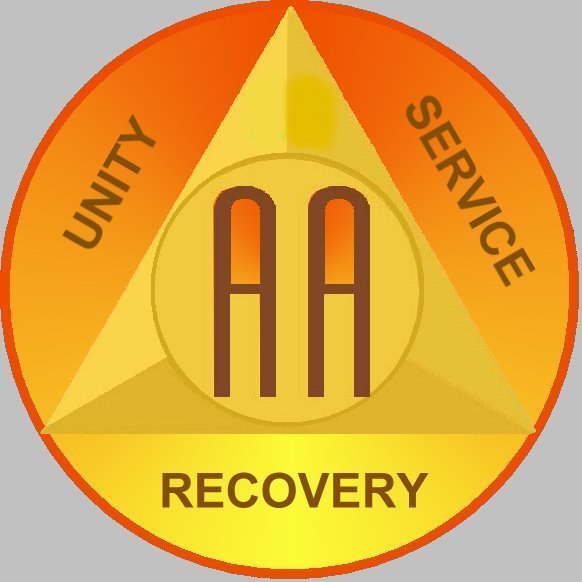Anytime I go somewhere new, my stomach turns into a churning ball of anxiety. This includes, but is not limited to: a friend’s place, a restaurant I’ve never been to, a bar, the doctor’s office, a fancy department store, or a tattoo parlor. The nervousness going inside is always worse before I go in than when I walk inside.
The media have done a good job at portraying what I thought was a typical tattoo artist: a tall, heavy-weight man with tattoos from head to toe that only answered by a nickname, like Bubba or Sparky, but never his real name. I was convinced this was what I was going to see when I walked in, and it was almost right, but not really. I introduced myself to Robbie; he seemed like a normal guy beneath the ink that started in his earlobe and continued all the way down to his knuckles. Strangely enough, I couldn’t help but wonder how much more ink was out of sight. For the sake of not feeling like a total geek, I told him I was just “checking things out,” and from there he showed me the art on the walls and made it clear if I had questions, he’d help me.
Easy enough so far; I expected to be pressured into dropping a wad of cash or stared at. I did a decent job of dressing to fit in, although before going in, I really had no real idea of what that’d be. It was warm out, so I opted for a brown skirt and dark shirt, nothing too preppy or girlie, just casual. Confident that I looked like just another kid in the tattoo place, I took to the wall of artwork, but only after I finally got a good look at the inside of the room. Immediately I felt like I’d been dropped into the living room of a hippy with yellow and green walls with purple trim. A strain on the eyes, but the color came as a stark contrast of the image I’d painted for this place – dark, cold, and scary.
The light from the setting sun made it hard for me to focus on the art displays, squinting my eyes I tried desperately to stand in the small shadow that was cast on the floor. In the background was a faint buzzing noise as Robbie continued working on the customer he was with when I walked in. He must have known this guy; there was a lot of chit-chat back and forth as well as some loud, cheerful laughter. I wasn’t ready to turn around and look at what was going on; the thought of the needle turned my stomach. So I kept my nose in the artwork a little longer.
Originally I was only going to stay long enough to get the feel of the place, but as I started flipping through the hanging portfolios of tattoos, I quickly lost track of time and ended up looking at every piece before I realized how long I’d been lingering. There were designs of butterflies, portraits, flowers, spiders, women, men, crosses, skulls, Chinese characters, names, hearts, motorcycles – it was endless and filled with the most vibrant colors I’ve ever seen. I couldn’t take my eyes off of the samples, I was scared I was going to miss something brilliant and beautiful, and every flip to a new page had something even more fascinating on it than the last.
The buzzing of the needle had become so faint that I hardly noticed it, but I knew if I stayed any longer I might leave with ink I didn’t have before. For several minutes I contemplated telling him I was leaving versus just walking out, and there was one thing that made the latter sound like the best option – the needle. But I had to see it.
Walking up to him, I didn’t want to disturb his concentration. In one hand was what looked like a huge metal syringe hooked up to several pipes, and in the other was a patch of gauze dabbed with fresh blood. In the chair, the guy was reclined with his feet crossed at the ankles, and now that I was closer I could see his other tattoos, so I’m sure he felt right at home in the seat. When Robbie finally looked up from his work, I thanked him for letting me spend some time in the place, and he assured me that anytime I wanted to come back, I would be welcome.
As I walked to my car, I couldn’t help but smile – if I ever do go back, I’d be anxious for a completely different reason.







